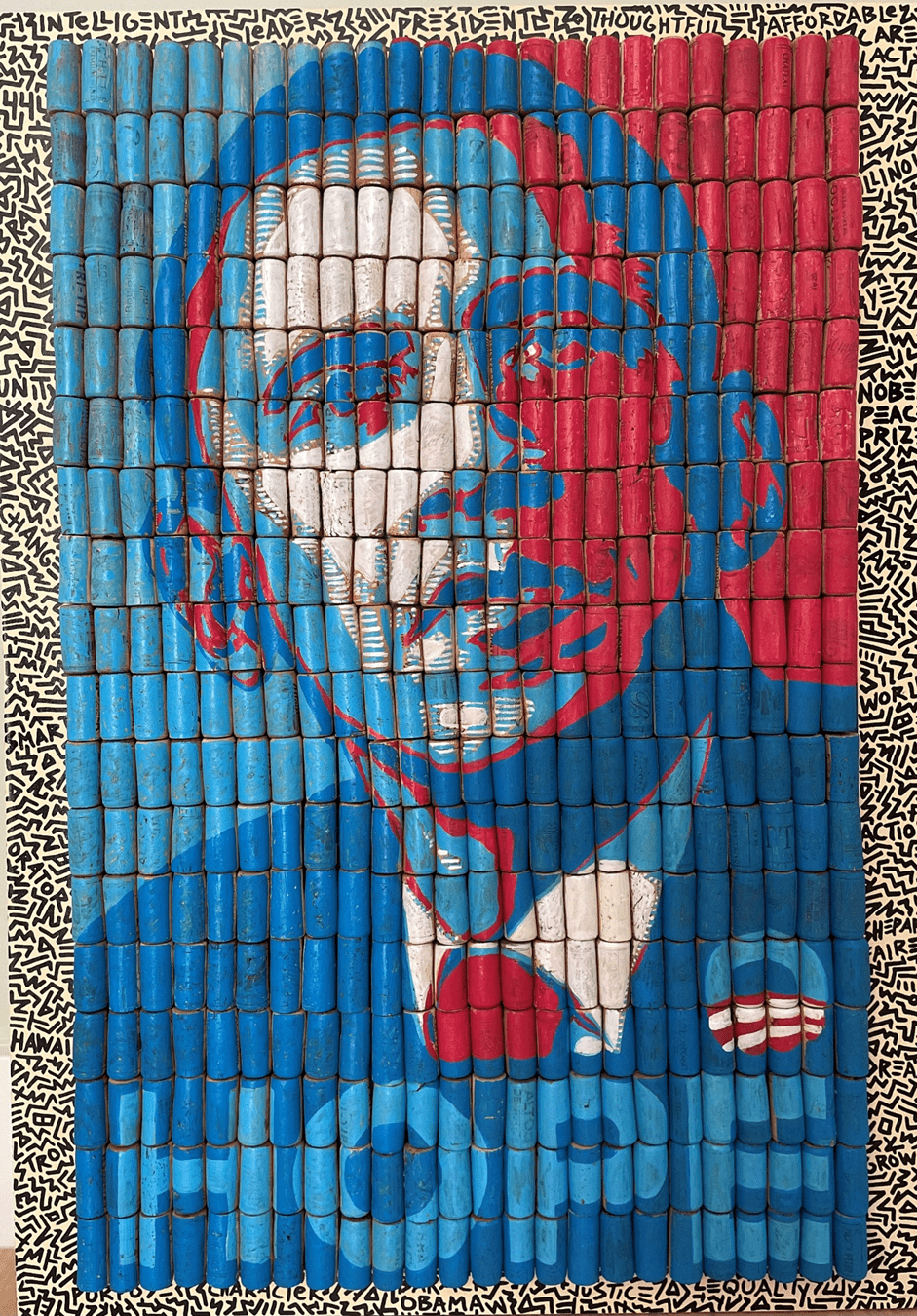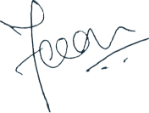Is HOPE a good thing?

When I asked my son Vivaan to write a message for the world, he typed “Raw hope stuck in a spiders web, struggles to be free”. Since he is non-verbal and communicates using a letter board by spelling each word, the process is slow and tedious. So I could not ask him to explain what he meant. Instead, it forced me to analyze his thoughts and I found multiple ways to interpret his message.
Firstly, his message seems to reflect his internal state: he feels trapped in a world where he finds it tough to express himself. One can also interpret it as a reflection of external reality — the current state of the world. Vivaan is very aware of what is happening around him, since he is always listening in to conversations (and TV). He also feels passionately about the environment.
Never have we faced such a pressing, overwhelming existential problem before — a seemingly endless global pandemic; an apparently inevitable impending climate disaster; and the world at the brink of World War-III. Enough reason for cynicism, no doubt. Do we dare hope for a better future? Can human ingenuity overcome these challenges? Is it only an illusion that these are the worst times ever, whereas there were even worse times before?
The answer to all of the above may just be in the word HOPE! Nothing lifts us out of anxiety and weariness like hope. A beautiful word used by people all over the world, hope buoys our spirits during tough times. ‘Hope’ in the Bible is not a mere wish; on the contrary, it is confidently expecting that something will happen and waiting patiently for it with joy.
Hope has roots in Greek mythology. Pandora was the first female human created by the gods. They gave her a jar (in modern accounts often mistranslated as “box”) that contained all the evils of the world and ordered her not to open it. Nonetheless she opened it, releasing pain, suffering and all other evils that visit humanity. She then closed the jar, leaving only hope (expectation) inside. (Most scholars translate the Greek word elpis as “expectation.”) The Pandora myth is a theodicy — an attempt to explain why evil exists in the world. (The idiom “to open a Pandora’s box” means to do or start something that will cause many unforeseen problems.) The question is: if hope is good, then should it remain locked inside the box? And if hope is bad, then should we be grateful that it was withheld in the box?
Maybe the answer can be found in Art, as it is the highest manifestation of Hope. I went back to one of the most iconic images of Barack Obama with his message of hope from the 2008 presidential campaign poster drawn by Shepard Fairey. I requested my artist friend Marco Santini to make another, unique version of it — using recycled material — to signify a greener and more hopeful world. His idea was to recreate the Obama HOPE poster with reused wine corks so that it becomes timeless.
Being curious to know the genesis of Obama’s message I went back to his book The Audacity of Hope, a phrase he heard in a sermon by Reverend Jeremiah Wright. Wright preached on a painting that featured a woman in rags and covered in wounds. Though her harp had only one string, she made music to praise God, and Wright said it was this act that was audacious. She could have just sat there, miserable, and wished for things to get better. He said that choosing to believe that there is indeed hope, and indeed a better life ahead, is what God wants for us.
Obama secularized Wright’s message in his campaign, and urged voters to see that with a different leadership, our own American dreams can be realized. And no matter the situation, a person can choose hope as a means of looking towards the future.
So, can we hope for a better future? Have we learnt from our past? I found some answers in the book The Art of Inventing Hope. It is an unprecedented, in-depth conversation between the world’s most revered Holocaust survivor, Nobel Laureate Elie Wiesel, and Howard Reich, a son of survivors. Although Elie is an optimist, he considers himself an ‘active pessimist’ — he believes that though we live in an imperfect world we should continue to strive for a better future. Hope by itself is not a course of action!
The truth however is sometimes found in fiction, as in Matt Haig’s The Humans. The book delivers an unlikely story about human nature and the joy to be found in the messiness of life on Earth. Maybe all we need to do is be willing to see hope and beauty in the imperfection of humans!
As we continue our search for a better tomorrow, it is clear that there are no definitive answers, only more questions — and Hope!

